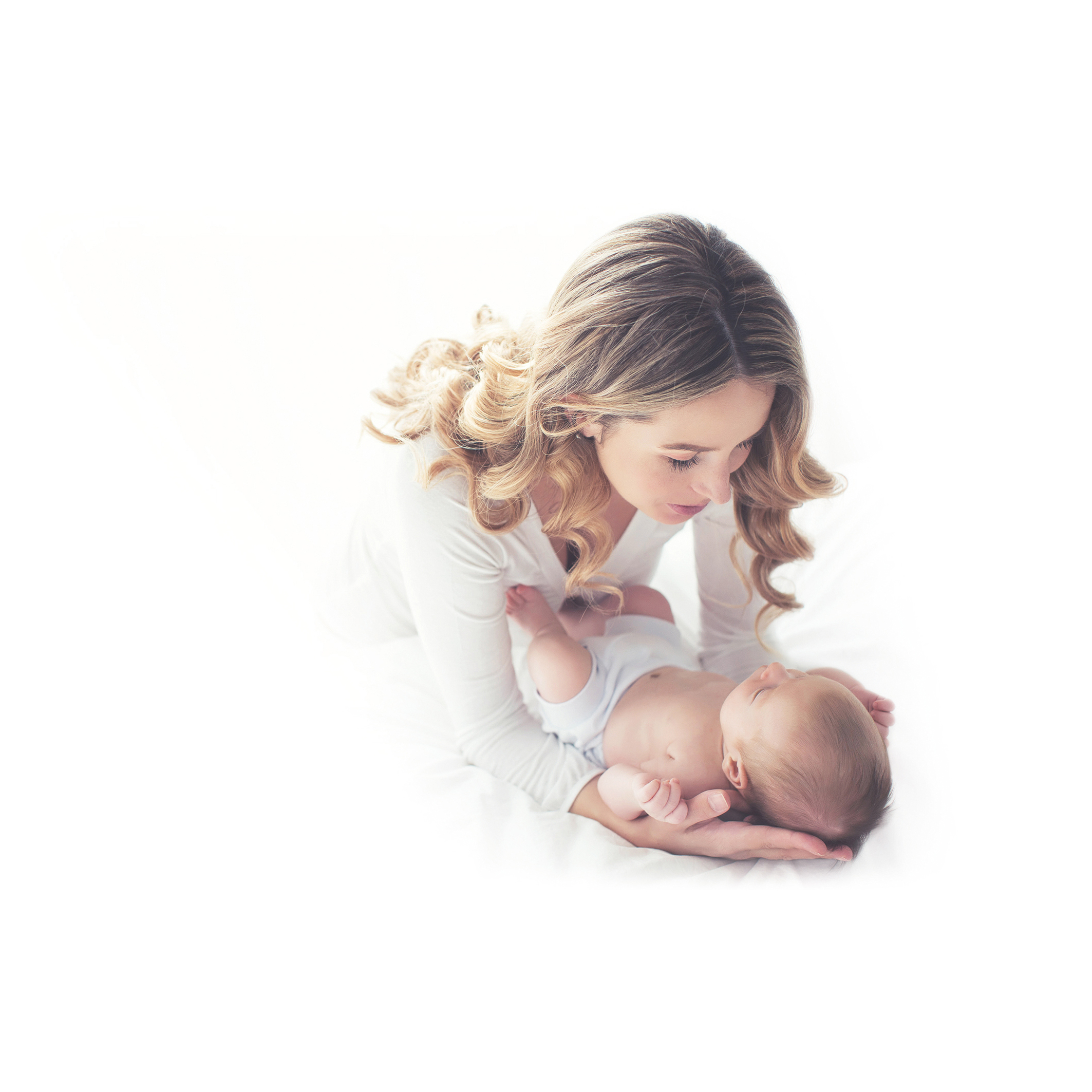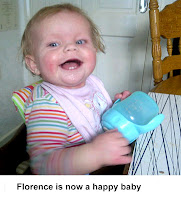Unveiling the Mental Consequences of Caesarean Sections: Navigating Postpartum Challenges with Compassion

Bringing a child into the world is undoubtedly one of life's most profound experiences. While childbirth is often depicted as a joyous occasion, it's essential to acknowledge the mental consequences that may accompany cesarean sections (C-Sections), a procedure more common than many realize. In this blog, we delve into the emotional journey of C-Section mothers, shedding light on the complexities they may face in the postpartum period.
The Emotional Landscape of C-Section Mothers
1. Mixed Emotions
For many mothers, undergoing a C-Section can evoke a whirlwind of emotions. While some may feel grateful for safe delivery, others might grapple with feelings of disappointment, guilt, or even failure if their birth experience deviates from their expectations of a vaginal birth. It's crucial to validate these emotions and recognize that each individual's journey is unique.
2. Sense of Loss
The inability to experience a "traditional" childbirth may leave some mothers feeling a sense of loss or disconnection from their birthing experience. They may mourn the absence of certain aspects such as the opportunity for immediate skin-to-skin contact or the euphoria of pushing their baby into the world. These feelings are valid and warrant understanding and support from both loved ones and healthcare providers.
3. Psychological Trauma
In cases where C-Sections are performed under emergency circumstances or result in unexpected complications, mothers may be at risk of experiencing psychological trauma. Flashbacks, anxiety, and intrusive thoughts about the birth experience can significantly impact their mental well-being and overall adjustment to motherhood. Professional counselling and support are essential in addressing and processing these traumatic experiences.
Navigating Postpartum Challenges
1. Physical Recovery
The physical recovery process following a C-Section can be challenging, often requiring more extended hospital stays and limited mobility compared to vaginal births. This added physical strain can exacerbate feelings of frustration, exhaustion, and overwhelm, further impacting a mother's mental health. Encouraging adequate rest, proper nutrition, and seeking assistance with childcare can aid in the recovery process.
2. Bonding and Breastfeeding
Establishing a strong bond with their newborn and initiating breastfeeding may present unique challenges for mothers recovering from a C-Section. Pain and discomfort from the surgical incision can hinder mobility and interfere with early bonding experiences such as skin-to-skin contact and breastfeeding. Patience, support from partners and lactation consultants, and exploring alternative feeding methods can help mothers navigate these obstacles.
3. Societal Pressure
In a culture that often glorifies natural childbirth and places undue emphasis on the mode of delivery, mothers who undergo C-Sections may face judgment, stigma, or feelings of inadequacy. It's essential to challenge these societal norms and foster a culture of inclusivity and acceptance, recognizing that all birth experiences are valid and deserving of respect.
Seeking Support and Healing
1. Open Communication
Encouraging open dialogue between C-Section mothers and their support networks is vital in normalizing their experiences and fostering a sense of validation and understanding. Creating safe spaces for mothers to express their emotions without fear of judgment can promote healing and emotional well-being.
2. Professional Assistance
Seeking professional support from therapists, counsellors, or support groups specializing in perinatal mental health can provide invaluable resources and coping strategies for mothers navigating the mental consequences of a C-Section. These professionals can offer personalized guidance and support tailored to each individual's needs.
3. Self-Compassion
Above all, C-Section mothers must practice self-compassion and grant themselves grace as they navigate the complexities of motherhood. Embracing their unique journey, celebrating their resilience, and prioritizing their mental well-being are essential steps towards healing and finding peace in the aftermath of a C-Section birth.
In conclusion, the mental consequences of a C-Section can be profound and multifaceted, encompassing a range of emotions and challenges for mothers in the postpartum period. By fostering empathy, understanding, and support, we can create a more inclusive and compassionate environment for C-Section mothers, empowering them to navigate their journey with strength, resilience, and healing.
Share this post
About the Author

Topics
- Scarban
- Scarban
- Dermasilk
- Eczema
- Alhydran
- Therapeutic clothing
- BAPScarCare
- Sensitive Skin
- Eczema clothing
- Itching
- Varicose eczema
- Dermasilk wash and care instructions
- Jock itch
- Menopause
- Chemotherapy
- Clinical studies
- Size guide
- DermaTherapy bedding
- Night sweats
- Bedsores
- Insomnia
- Night Terrors
- Recovery
- Anti-microbial
- Stain-Resistant
- Vulvodynia
- Testimonials
- Eczema in kids
- Instructions for use
- Scar treatment
- Silicone sheet
- Facial scars
- Scars on hand
- Scar on finger
- Eczema
Tags












